Robotics, Artificial Intelligence, Humanoids, Tactile Sensing.
https://sferrazza.cc
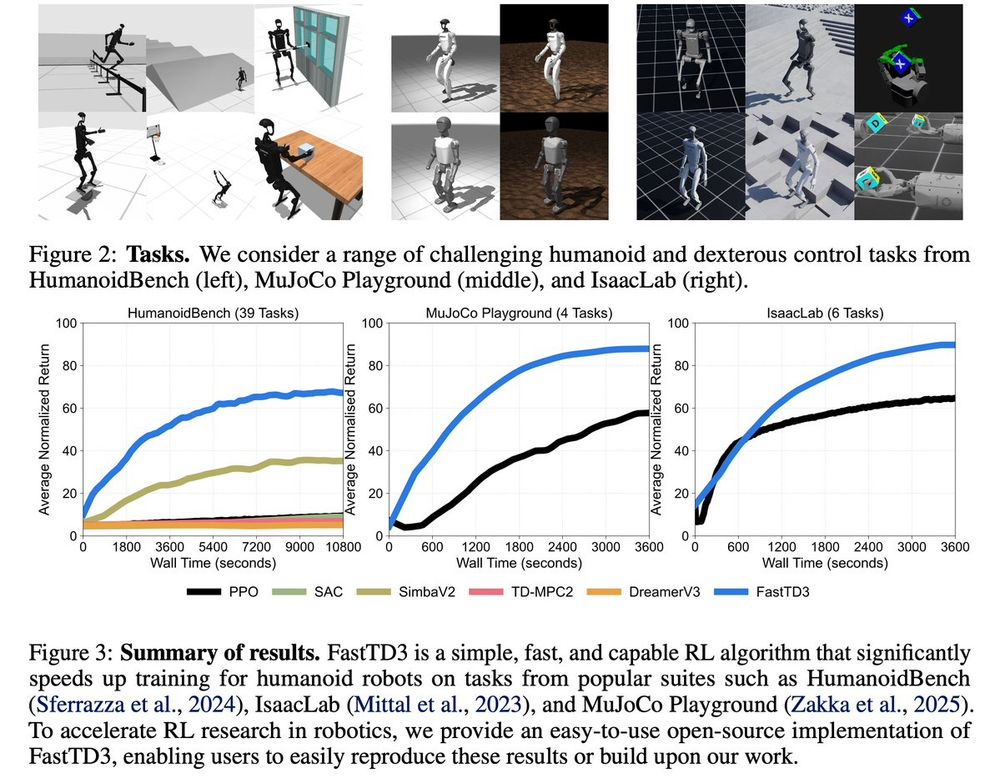
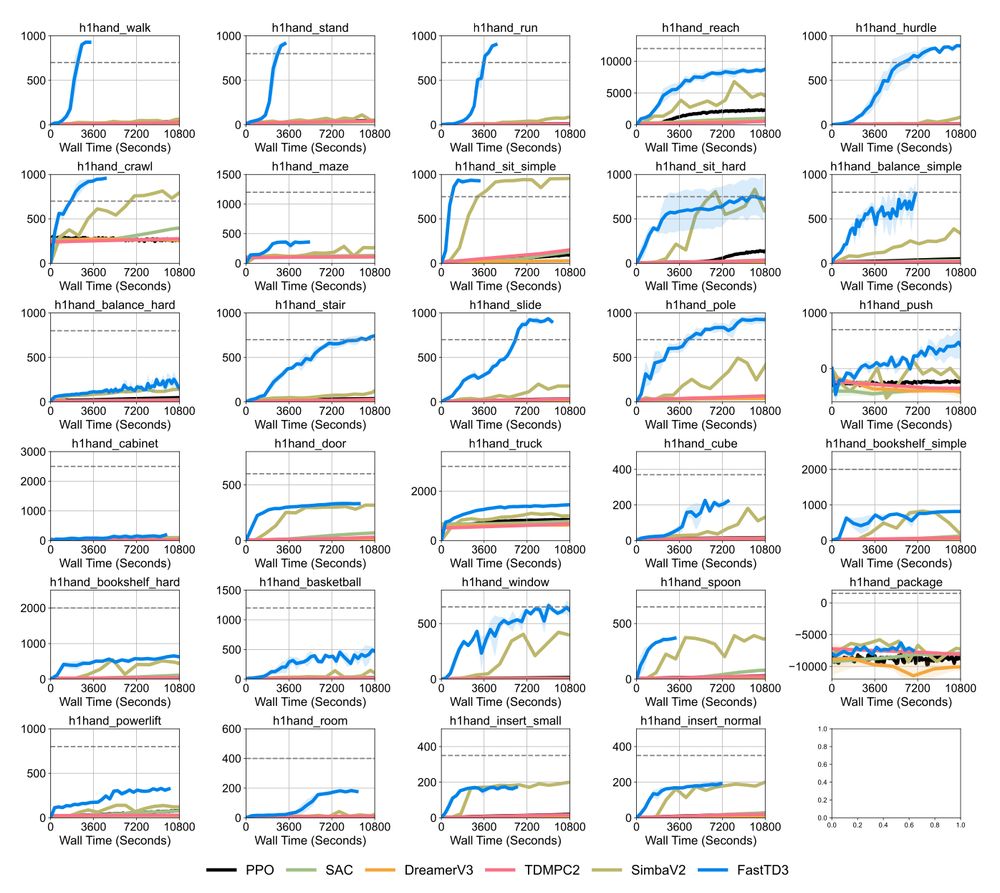

younggyo.me/fast_td3
younggyo.me/fast_td3
Excited for my first in-person RoboSoft after the 2020 edition went virtual mid-pandemic.
Reach out if you'd like to chat!
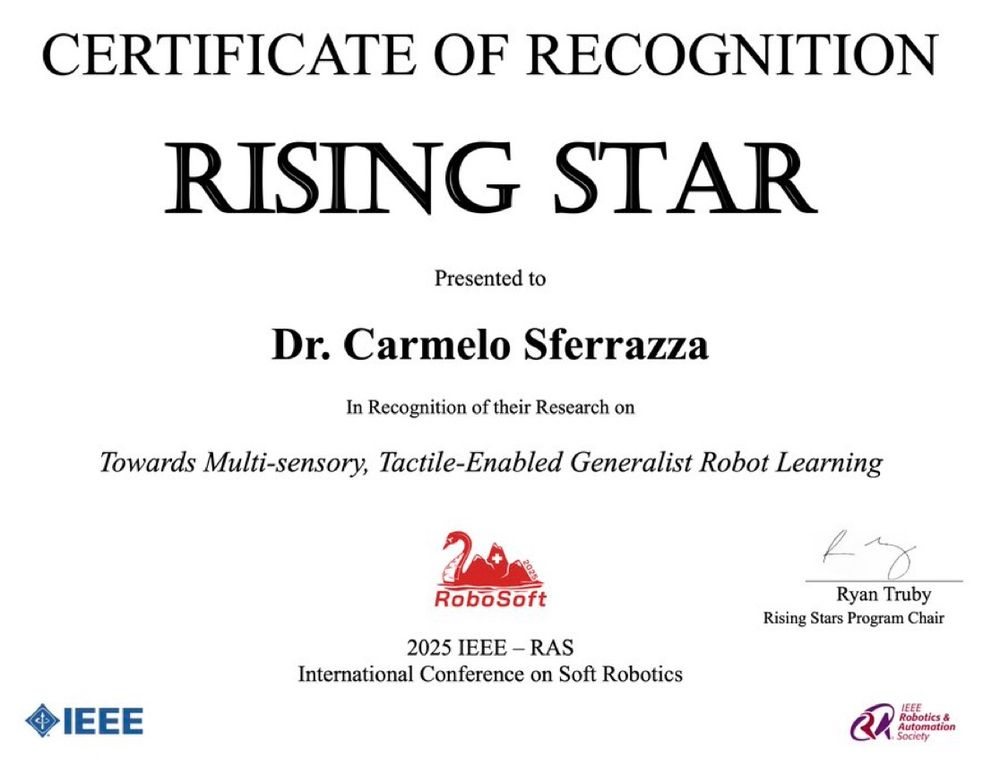
Excited for my first in-person RoboSoft after the 2020 edition went virtual mid-pandemic.
Reach out if you'd like to chat!
Join us to discuss this at our exciting workshop at @icmlconf.bsky.social 2025: EXAIT!
exait-workshop.github.io
#ICML2025
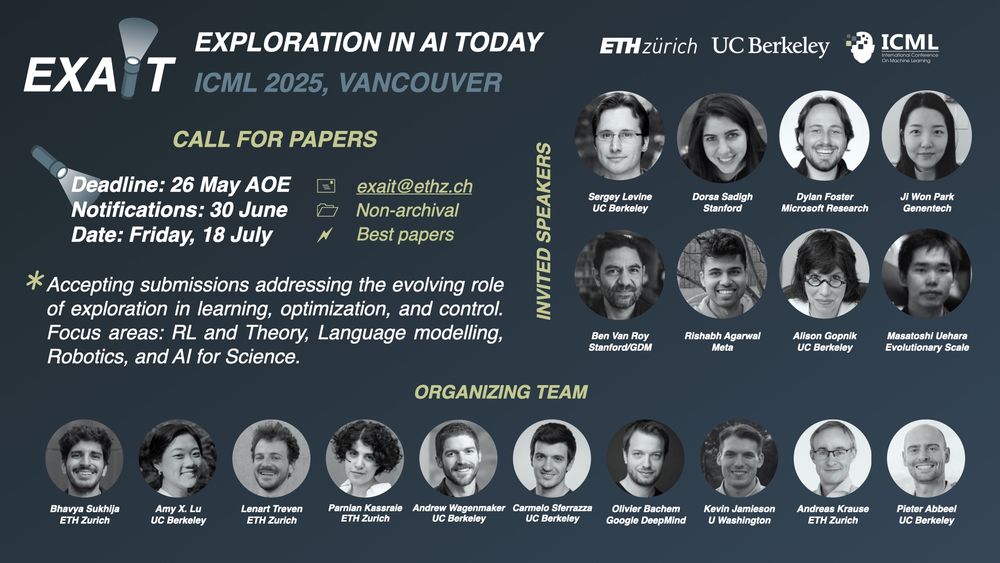
Join us to discuss this at our exciting workshop at @icmlconf.bsky.social 2025: EXAIT!
exait-workshop.github.io
#ICML2025

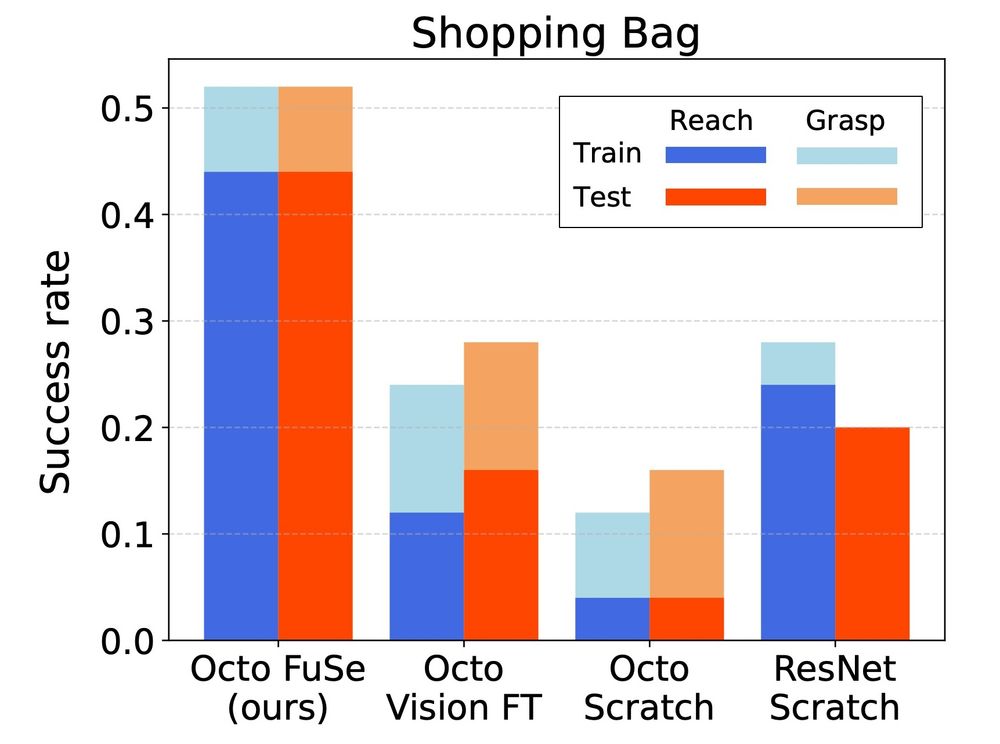
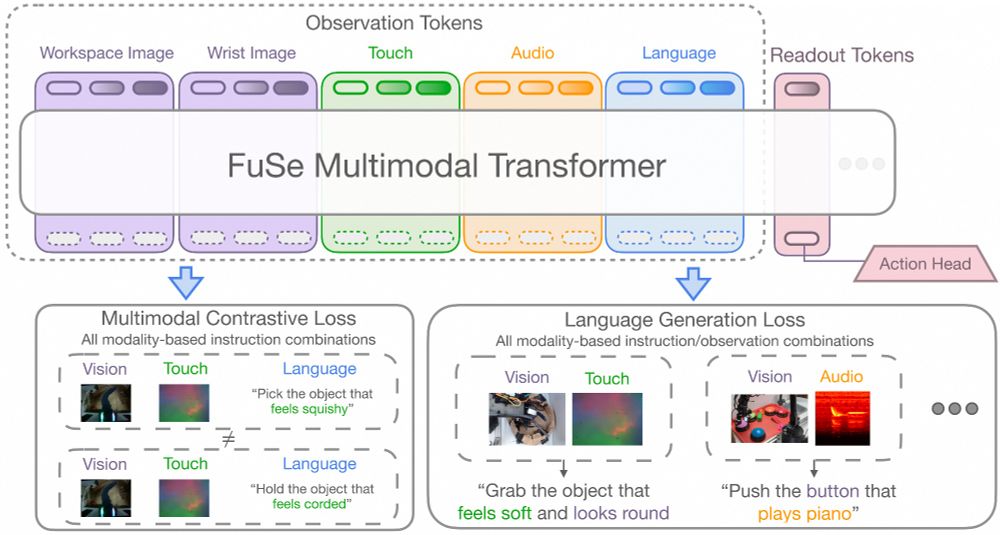
Introducing FuSe: a recipe for finetuning large vision-language-action (VLA) models with heterogeneous sensory data, such as vision, touch, sound, and more.
Details in the thread 👇
Introducing FuSe: a recipe for finetuning large vision-language-action (VLA) models with heterogeneous sensory data, such as vision, touch, sound, and more.
Details in the thread 👇
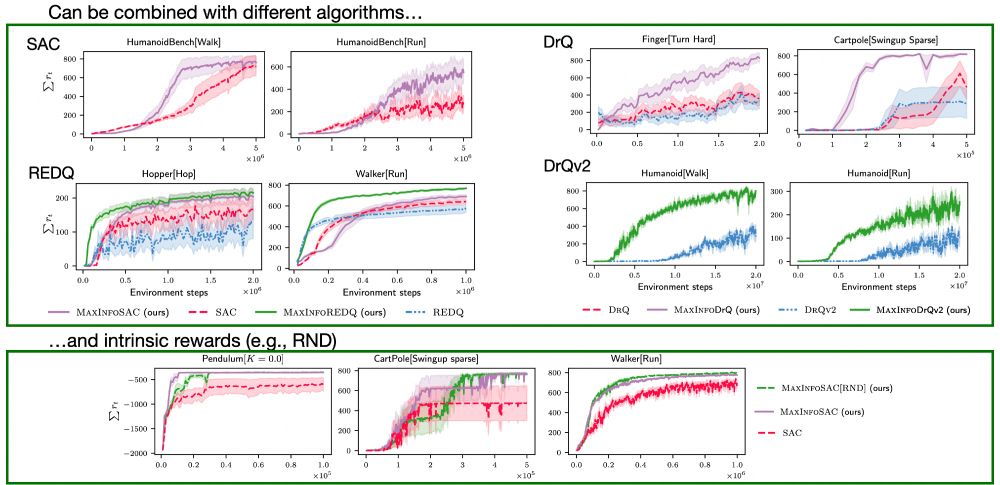
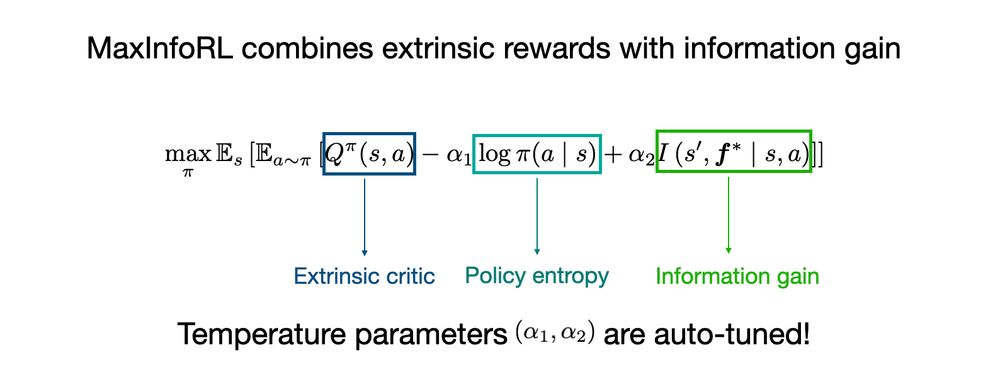
Excited to announce MaxInfoRL, a class of model-free RL algorithms that solves complex continuous control tasks (including vision-based!) by steering exploration towards informative transitions.
Details in the thread 👇
Excited to announce MaxInfoRL, a class of model-free RL algorithms that solves complex continuous control tasks (including vision-based!) by steering exploration towards informative transitions.
Details in the thread 👇



